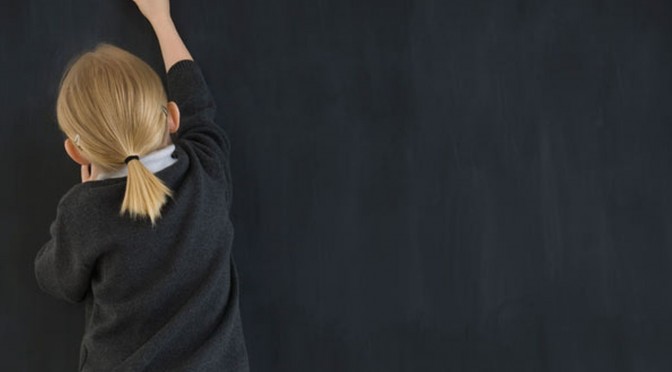David and I decided to homeschool our kids in March 2013 – the end of Max’s first grade year. You can read the whole sordid tale here but one of the main reasons we made that choice was because of Max. Max was ending his first grade year behind in reading, writing, comprehension and had developed a stutter which was aggravated by stressful situations — like being at school. Max was also VERY aware that he was behind and that he wasn’t good at school. Nobody needed to tell him or point it out – he knew.
Our first year homeschooling was challenging – in a good way. We tried a variety of textbooks, workbooks and learning styles. Some of them worked and some failed. My main focus was to help improve Max’s confidence and to help him gain ground in the areas that he was the weakest, handwriting and reading. We put aside things like grammar and focused most of our energy in these two areas (along with math and the normal things).
At the beginning of this year I had the kids take the California Standardized Test (yes, homeschoolers test too – it is just not high stakes, not stressful, and kids aren’t sent to after school tutoring or summer school if they do poorly). Max’s test came back with average to high scores in almost every category. (He had only one low area and that was grammar. Easy fix for this English teacher). I shared the scores with Max, explained to him what they meant, where his weaknesses were and what we needed to work on this year.
We’ve continued our work. Max is learning cursive and where a year ago his handwriting was similar to a Kindergartner or Pre-K student this year his cursive is beautiful and looks like another child wrote it. His reading has taken off and although he still tells me he can’t read even he is starting to realize that is a lie he can no longer hide behind. The results of all this labor – and love – came about two weeks ago.
 Max was sitting on the floor putting his shoes on and he looked up at me and said, “Mama, how do you think I’m doing in school?” I looked down and said, “I think you’re doing great. You’re picking up your grammar quickly, you are a natural at math and your cursive is unbelievable. But that isn’t the important question. How do YOU think you’re doing in school?” Max paused, looked up at me with those big brown eyes and said, “I think I’m doing GREAT! I’ve got this year nailed!”
Max was sitting on the floor putting his shoes on and he looked up at me and said, “Mama, how do you think I’m doing in school?” I looked down and said, “I think you’re doing great. You’re picking up your grammar quickly, you are a natural at math and your cursive is unbelievable. But that isn’t the important question. How do YOU think you’re doing in school?” Max paused, looked up at me with those big brown eyes and said, “I think I’m doing GREAT! I’ve got this year nailed!”
And that my friends is the sound of success.






